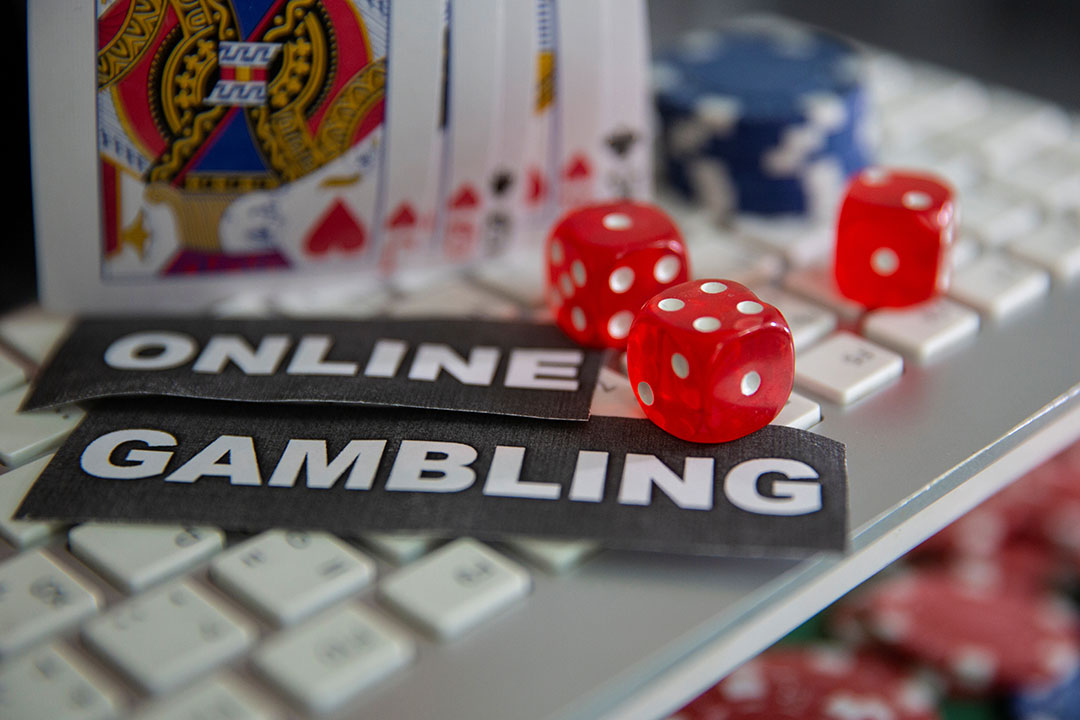Gov’t told to invest in productive, sustainable industries instead of local online gambling

By Chloe Mari A. Hufana, Reporter
LABOR EXPERTS urged Philippine policymakers to prioritize investments in productive and sustainable industries, instead of industries with uncertain social and economic impacts, such as the Philippine inland gaming operators (PIGOs).
“Instead of expanding gambling-related industries, the government should focus on productive and sustainable economic activities, such as modernizing agriculture and harnessing artificial intelligence and modern technology to improve farming and productivity,” Federation of Free Workers President Jose Sonny G. Matula told BusinessWorld in a Viber chat over the weekend.
“Strengthening these sectors would provide long-term economic benefits and job opportunities for Filipinos, rather than relying on industries with uncertain social and economic impacts,” he added.
This followed Senate President Francis G. Escudero’s call for a review of PIGOs, also known as local e-gambling businesses, saying that these are also as harmful as Philippine Offshore Gaming Operators (POGOs).
President Ferdinand R. Marcos, Jr. ordered a ban on all POGOs, citing their links to illegal activities such as money laundering and financial scams.
The Palace earlier said it is still studying if there is a need to ban PIGOs, noting it has not caused or contributed to crimes in the country.
Around 90% of PIGO employees are also Filipinos, unlike POGOs which employed mostly foreigners. “POGO advertisements result in money flowing out of the country, while PIGO spends its marketing and advertising budget within the Philippines, keeping the funds within the country,” Presidential Communications Office Undersecretary Claire B. Castro said last week.
University of the Philippines School of Labor and Industrial Relations Assistant Professor Benjamin B. Velasco, however, said that while PIGOs are not linked to criminal activities like POGOs, a better public policy is to promote agriculture and technology.
“A just transition for PIGO workers can be planned and prepared. PIGO workers can be shifted to other more ethical work in the services sector, like hospitality and tourism,” he told BusinessWorld in a Facebook Messenger chat.
Mr. Velasco noted a ban could have an impact on employment, assuming PIGOs employ thousands of Filipinos. He added its impact on state revenue may not be significant.
“I do know that incentives like reduced corporate taxes and tax exemptions were provided to PIGOs as incentives. So foregone revenues may not be that significant,” he said.
Some analysts have earlier argued that a ban may hurt National Government revenues as well as stocks of listed gaming-related companies, with the Philippine Amusement and Gaming Corp. ranking as the third-biggest revenue source last year.



